Want more on this topic?
Charles Pakana (VAN):
Over the past several episodes of Victorian Aboriginal News Talks or VAN Talks, we’ve been speaking about the September 24 extension of the order in council from the Victorian government on the unprotection order of dingoes across much of Victoria. Today we’re following through with this. Now we’re speaking with Yuin man, Dr. Jack Pascoe, who is with the University of Melbourne, a research fellow there, very heavily involved with environment and ecology. Jack, thanks so much indeed for joining us on the program today.
Dr. Jack Pascoe:
Thanks for coming out to speak with me.
Charles:
Beautiful country out here, I’ve got to say. We’re at Apollo Bay right now for the audience, sitting outside Jack’s house, looking at the ducks and of course the magpies and so many other animals. Jack, give us a bit of an understanding of your background when it comes to this issue of the dingoes because everybody to whom I speak always says, “Got to speak to Dr. Jack Pascoe.”
Jack:
People are very kind. I guess my association with dingoes is, like many Aboriginal people, a cultural one. So they play an important role in our world view, a culturally significant species for us on Yuin country. But I guess I cut my teeth as a wildlife biologist doing a PhD in the Blue Mountains, and one of the species I was studying was the dingo and association with other predators and prey in that system, and I guess more recently I was a member of the independent panel that reviewed the Victorian Wildlife Act.
Charles:
And we will get onto that. So the work that you did in the Blue Mountains was specifically on predators, wasn’t it, which gives you a great insight into the role of the dingo in the ecosystem.
Jack:
Yeah. So it was specifically looking at predators and how they interact both with other predators, both native and non-native, but it also looked at their associations prey species like macropods, et cetera. So I have a reasonable understanding from a Western science viewpoint on the importance of dingoes to, I guess, ecosystem function.
Charles:
Now the Victorian Wildlife Act, 1975, a somewhat old act, we’re talking just about 49, nearly 50 years old, somewhat long in the teeth. This is the act that enabled the order in counsel on the unprotection of dingoes to be extended. You were involved in an expert panel on that a few years ago. Now while we can’t talk to the actual findings or recommendations of that panel, what I’d like to do is ask you a question. If the act were presented to you today, what would you like to see done to it to ensure that traditional owners across Victoria were better consulted with when it comes to these important issues such as the dingo?
Jack:
I think it’s important to acknowledge just how old the act is, firstly. I think that it’s an archaic piece of legislation and probably not fit for purpose in its current form, and put that in the context of state of environment reporting for both nationally and the Victoria, things are not going well with our environment and so we need to think about them differently. So that’s the first point I’d make. And there are some pretty old school ideas that are legislated within the act, things that we heard when we were doing our review from the community, they don’t align with what people expect a wildlife act to do, things like the protection of feral deer as wildlife in the act.
Charles:
You’ve mentioned this beforehand and I was quite astounded. So the deer are protected. How broad is that protection across Victoria? Please don’t say all of Victoria.
Jack:
No, look, in some ways it’s not a huge impediment to the management of deer. There are work arounds. I guess it’s what it symbolizes to a degree.
Charles:
Sure.
Jack:
But there are things like that that are archaic, and I would argue that the unprotection order that we’ve talked about probably needs to be considered whether or not an unprotection order which removes the necessity for governments or for anyone to go through an authority to control wildlife.
Charles:
Now this was an amendment and I think it falls under Section 7A of the act where it does enable even a protected species to be, well, that protection to be suspended for a while and for an order to be raised to remove that unprotection. How much of an impact has that had across Victoria when it comes to traditional owners and important animals for them?
Jack:
Well, I think there’s only several species for which these orders have been given. I know wombats are one of them. Dingoes obviously another. It impacts in several ways, but I think the chief amongst us and amongst them, and we need to preface this by saying most mobs have a very strong connection with dingoes and there’s a reason for that. They were part of community effectively, kin in the way that we think of kinship in a spiritual connection, but also quite a strong relationship or bond that worked for both.
Charles:
We heard that with Matt Shanks from the Tuangurung recently, of course.
Jack:
So I think that’s the context in when we talk about the impact for mob. So largely it’s about watching that kinship bond be disrespected, I guess, by people, and an unprotection order basically gives carte blanche for management or control of what we’re talking about dingoes across large areas of Victoria.
Charles:
How easy is it from your experience to get an order in council raised to extend or introduce an unprotection order?
Jack:
Look, I think that this dingo unprotection order has been rolling for some time.
Charles:
Sure.
Jack:
It does appear that… I felt like coming into September potentially we had built some momentum around reconsidering whether that order would be rolled over again. I thought that mobs around Victoria had made it pretty clear that dingo was culturally significant.
Charles:
Well, Barengi Gadjin had done that with the Wotjobaluk in central Victoria. How much of an effort, and we will be speaking to them further on in the series, but how much from your experience of an effort was it for them to get that over the line, given I believe that the numbers there are around about 40 dingoes in the wild which is close to extinction for goodness’ sake?
Jack:
That’s right. So it was a long-running argument that they were having and a conversation, I shouldn’t say argument, about the significance of those animals. Now I feel whilst I welcomed the decision to remove the unprotection order for that part of the country, I feel like it was low-hanging fruit for government. We’re talking about a small number of animals, and from a conservation perspective they were in significant trouble. So it becomes an easier decision to make and to mitigate, I guess, the issues raised by farmers following. What was disappointing I think is that many mobs had raised the same concerns across their country about the treatment of dingo on country, and I really thought that as mobs had come together to be quite unified in this voice around protecting dingoes and talking about what that meant, I thought as an expression or a support or an expression of self-determination the Victorian government should have been considering more carefully their response and perhaps considering that a carte blanche unprotection order across large chunks of Victoria was unappropriate or inappropriate.
Charles:
To your knowledge, how much consultation was there with the traditional owners across Victoria before 24 September?
Jack:
Look, I’m probably not privy to all of those conversations. What I would say is that there are sections of the department that are constantly engaging. I don’t know how in depth that is at certain levels of government. I couldn’t speak to that, but certainly there’s ongoing engagement with mobs on the ground. How much of that is getting to the decision-making, I couldn’t speak to.
Charles:
One of the interesting things I’ve seen recently is a bit of research was highlighted by the Federation of Victoria Traditional Owner Corporations that spoke to the integrity of the gene pool of the dingoes in Victoria because there was a big argument out there that there’d been so much cross-breeding with domesticated wild animals that a fair dinkum dingo no longer existed, but that’s been proven quite false. From your understanding, how much of the argument to extend the unprotection order was based on that premise that the fair dinkum dingo didn’t exist anymore?
Jack:
It’s a really good question. I mean, so there’ve been several studies now that have come out and shown the vast, vast majority, if not all of the free-living canids in Victoria are pure dingoes or very close to pure dingoes. So it’s hard to know what weighting each part of evidence is given in the decision-making, but it sort of goes to say that the level of hybridization and the concern around wild dogs compared to dingoes is probably not a relevant conversation. I think it’s fair to say that where we are controlling wild canids, we’re controlling dingoes, and I think we need to be honest about that when we talk about it.
Charles:
With regard to Section 7A of the 1975 Wildlife Act, I just want to get back to that, what would you like to see changed in that part of the act, that act that enables the government to come out with that unprotection order? What would you like to see changed or thrown away even?
Jack:
Look, I’ll go back to my original point. I actually think the entire act needs to be reformed.
Charles:
How realistic is that, though?
Jack:
Ah, it’s not for me to speak to that. I mean the Victorian government, and now we’re talking an election, three environment ministers and a premier ago, committed to this through Cabinet that they would review, which is the part that our independent panel did, review the Wildlife Act, consider it, respond, and reform the Wildlife Act prior to the last election. So I don’t know how realistic it is politically, but as far as I’m concerned it’s a commitment that the state Labor government has made and they should hold true to that commitment. Yes, it’s going to be probably lose a bit of skin, but these are the commitments that we make, right, and this is what politicians are here for, not populism.
Charles:
While we can’t talk about specifics in regard to the recommendations and the expert panel, how satisfied or dissatisfied are you in regards to the government’s response to the recommendations from the expert panel? And who else was on that panel, by the way?
Jack:
Jane Brockington. There are several people. Some of the membership changed over the years. I mean, the website’s still up so people can have a look at that. Jane Brockington chaired it towards the end. I mean, oh no, I’m dissatisfied. I don’t think it’s reasonable, but I think the mechanism itself needs review. I don’t think, and I’ll take it back to the context of a failing environment. We know the vast majority of ecosystems in Australia are on collapse. We know species like dingoes are an extremely important regulator of ecosystems, so we need to start taking them more seriously. Now the ability for governments to make order in councils for unprotection orders means that really each decision to manage dingoes, for instance, is not being given due consideration as it would be done if land managers, public and private, had to go through an authority to control wildlife where evidence is considered every time the authority is asked for. I genuinely believe that we need to really reconsider that. These unprotection orders basically circumvent what I would consider due diligence from an environmental and cultural standpoint.
Charles:
So in due diligence, you’re then referring back to those ACTW, the Authority to Control Wildlife. How important do they exist? What’s the situation with those?
Jack:
They absolutely exist, and look, I’d say they’re by no means perfect, but what they do is require the proponent to actually present evidence as to why it’s a reasonable thing to do, and it also requires them to talk to the humaneness and a decision to be made by a committee of experts.
Charles:
Well, given what we’ve heard from Professor Euan Ritchie and Matt Shanks from the Tuangurung, obviously when it comes to the humaneness of dealing with these issue, and you’re talking about the 1080 compound, you’re talking about leg traps, all sorts of pain there, and hardly any really appropriate consultation with the traditional owner groups. What we’ve seen, and we’re speaking to more and more of them, it seems that an ACTW wouldn’t have even gotten nearly across the line in this situation.
Jack:
Yeah, look, backcasting’s probably not a bad method from here. Look, hard to speak to it because I haven’t really gone through the process of what it would look like for dingoes. But yeah, look, I really feel like we’re at a point where we need to reconsider the balance between what we consider is effective land management from an agricultural standpoint and how much we allowed that balance to swing towards, I guess, this pseudo-traditional way of doing farming in Australia. We know, and I’m sure you spoke with Euan about whole ranges of methods to reduce the impacts of predation by dingoes.
Charles:
Absolutely, yeah.
Jack:
None of this is rocket science. We just need to accept it now. They did it in America for God’s sakes. I think we can do it here. I think we can do better than Americans personally with this sort of stuff. I’d like to think so. It’s not overly difficult. We just need to make a decision to do it, and things like unprotection orders get in the way of making good decisions each time.
Charles:
When you were, and we’ll take you back now to the Blue Mountains, your comfort zone in a way or one of your comfort zones, the work you did there on the predators, if you were to take that learning and that understanding across to what’s happening here in Victoria, what are your big concerns when it comes to the dingo situation here in Victoria?
Jack:
One of the study sites I was working was along the Burragorang Dam, Warragamba Dam, Burragorang River, 90-odd percent of Sydney’s water catchment, pretty important piece of infrastructure from that perspective. But it also, when I was doing my PhD, was sort of in its first droves of recovering from being pastoral, and as a result, you had really large populations of kangaroos taking advantage of what was transitioning improved pasture towards native woodlands and forests.
Charles:
Sure.
Jack:
Now dingoes were in very good numbers in that part of country, and they were helping to regulate the impact of those kangaroos, and we do see that… and feral animals, I should say, pigs, goats, feral cattle, they’re mitigating and regulating the impact of overabundant herbivores, and we absolutely see the need for that in Victoria. Ecosystems do not regulate themselves without a top predator. That’s not how it works, and we deprive much of this state from having that essential ecosystem function.
Charles:
If we look at the center of Victoria or those areas where the unprotection order has been lifted and dingoes are now protected, the numbers as we know are very, very low of dingoes. What’s your prediction for the future? Can the dingoes recover from this near-extinction status?
Jack:
They certainly can, I have no doubt. My prediction for the future in terms of the way they’re managed, look, I’m probably not up for making one other than what does worry me and ongoing management breaks down pack structure. It actually leads in some instances to more stock predation which is completely not the point, is it really?
Charles:
Yeah.
Jack:
So I just think we need to be smarter about it really.
Charles:
Yeah. Let’s bring it back to the act and we’ll finish it off with the act because this is something that I’m really particularly interested about. We’ve made a number of thoughts about, okay, well, overviewing or reviewing and overhauling the act itself, what are some of the key specifics, two or three key specifics when it comes to traditional owner involvement that needs to be brought into a new Wildlife Act?
Jack:
I think there’s more and more of a movement across the country to find a way to recognize culturally significant species or entities and have indigenous Australians talk about the way they want to care for them and being in the table when the decisions are made as well. So I would really like to see, whether it’s nationally or state-based, a mechanism in law which says species or entities, places, that are identified by traditional custodians as culturally significant, they will have a say in how they’re cared for moving forward, and that might include things like customary hunting. It’s a different way of caring for and having a relationship, but I think that needs to change.
The other thing I’d say about the Wildlife Act is the reason the review was called for was the poisoning of Bunjil, wedge-tailed eagles, and the vast overabundance of Goombawa, the koala, in the southwest and the issues that were related to the harvest of hardwood plantations on private property. Now nothing has happened since those events. The minister asked for this review because she was concerned at the time that there was nothing in the toolkit within the act that would allow her to respond in what she considered an appropriately forceful way. Nothing has changed.
Charles:
So the question is begging then, who does the act favor? Certainly not traditional owners.
Jack:
Not custodians. It doesn’t favor wildlife, and I think that’s the pub test, right? This is the Wildlife Act. It’s supposed to be there for the care of wildlife, and it really doesn’t feel like it at the moment. The balance is not there.
Charles:
Jack Pascoe, for your thoughts, thank you so much indeed. Really appreciate it.
Jack:
Cheers. Thanks for coming down.


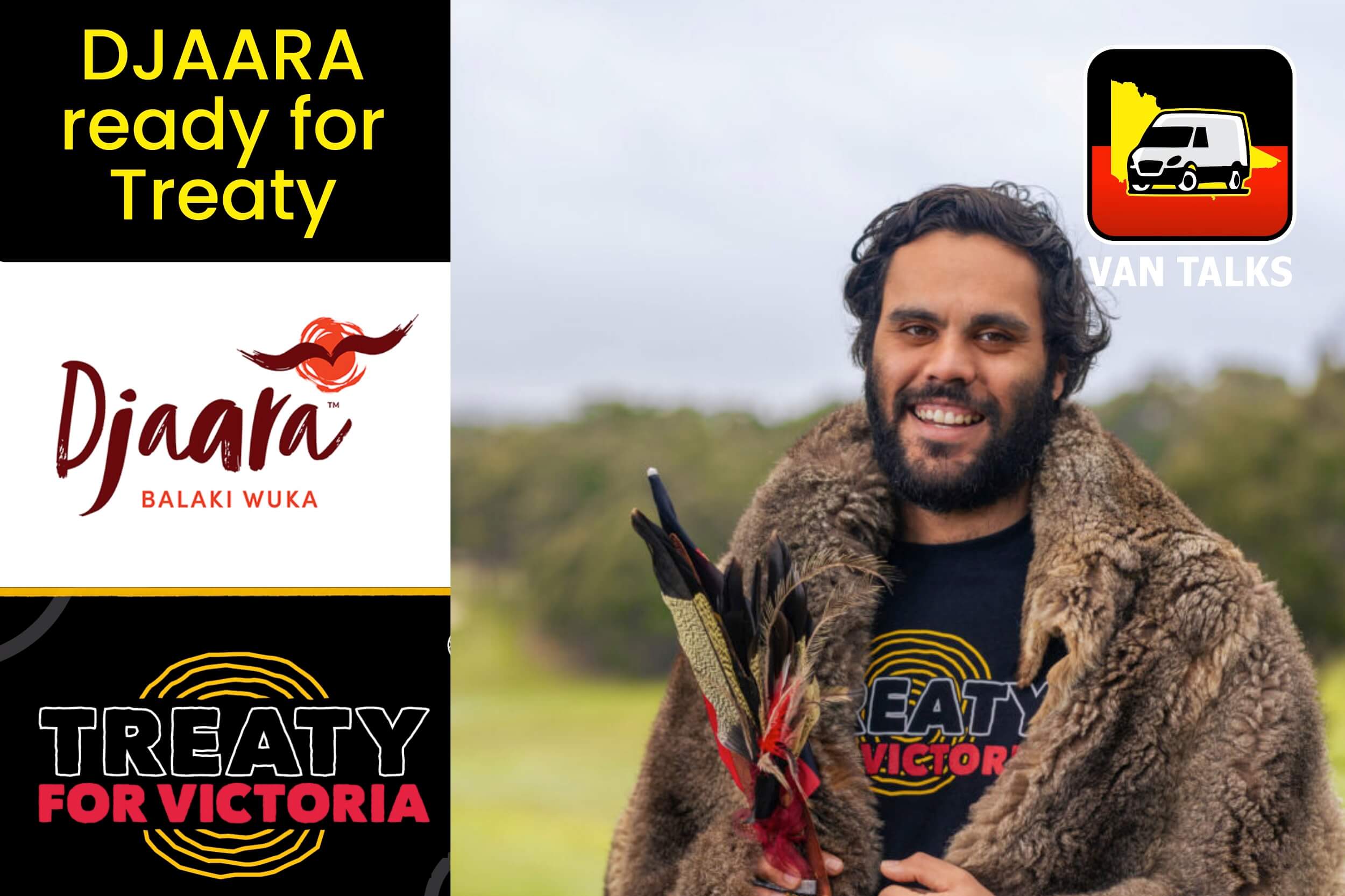
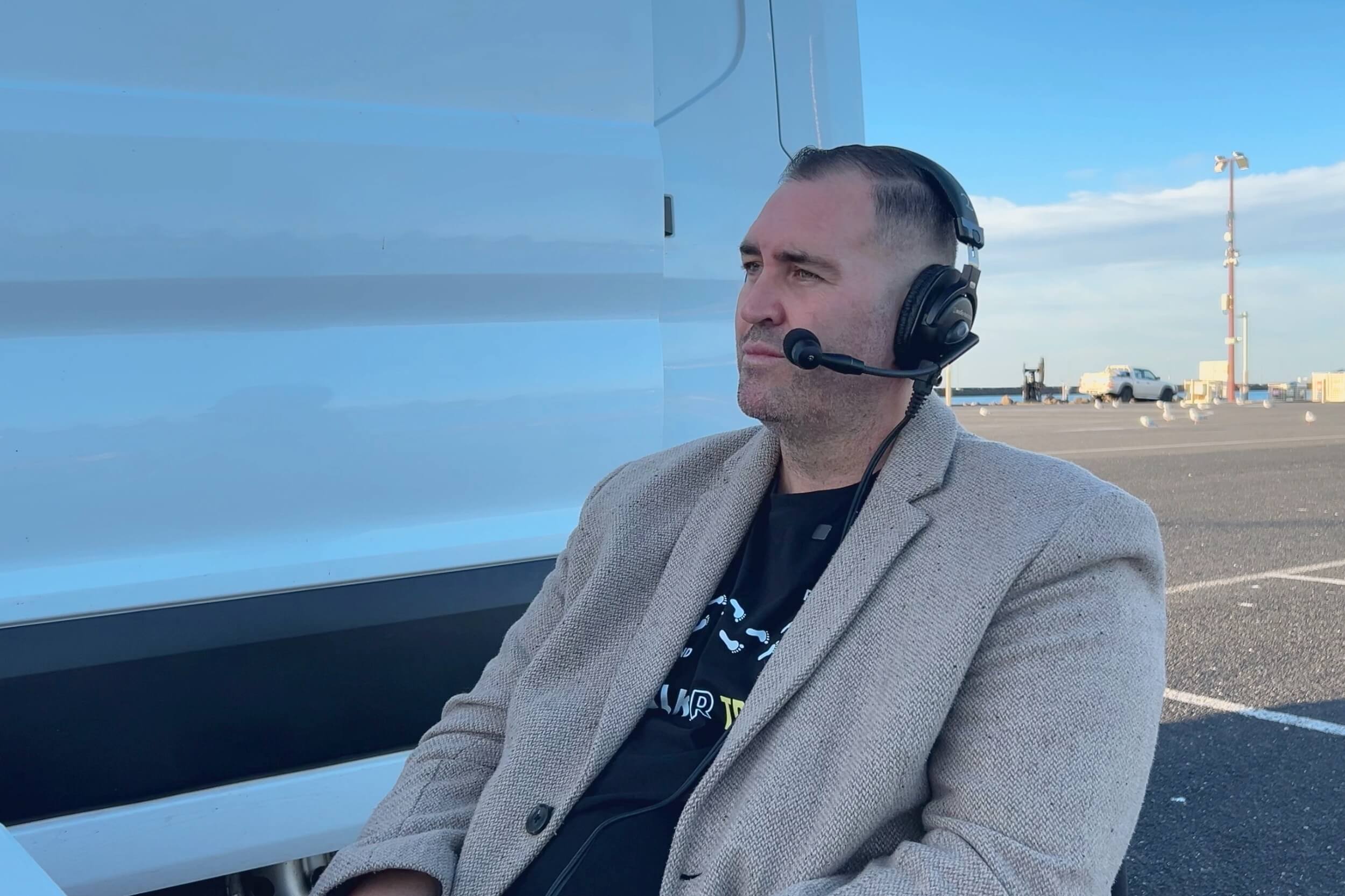
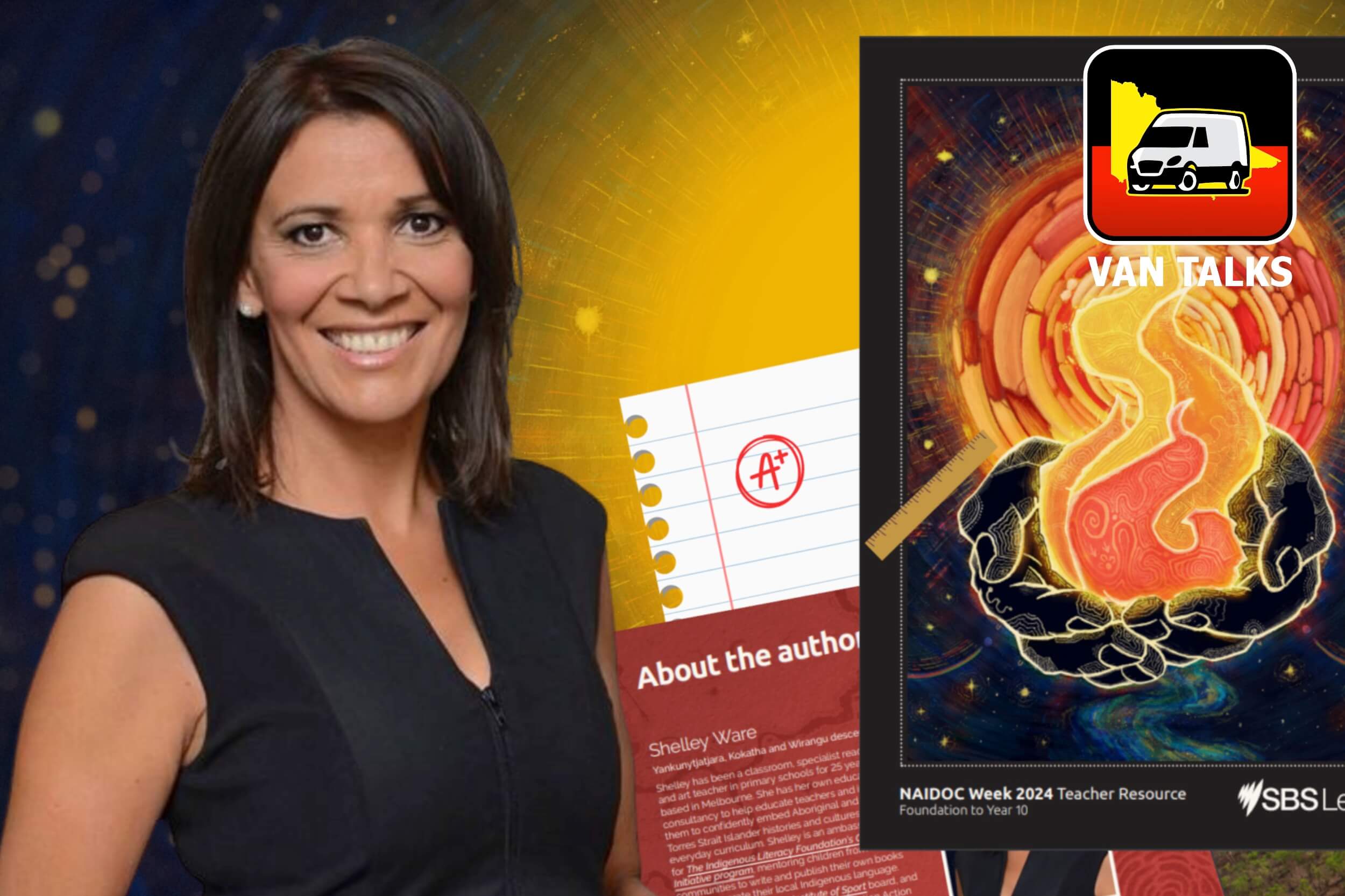
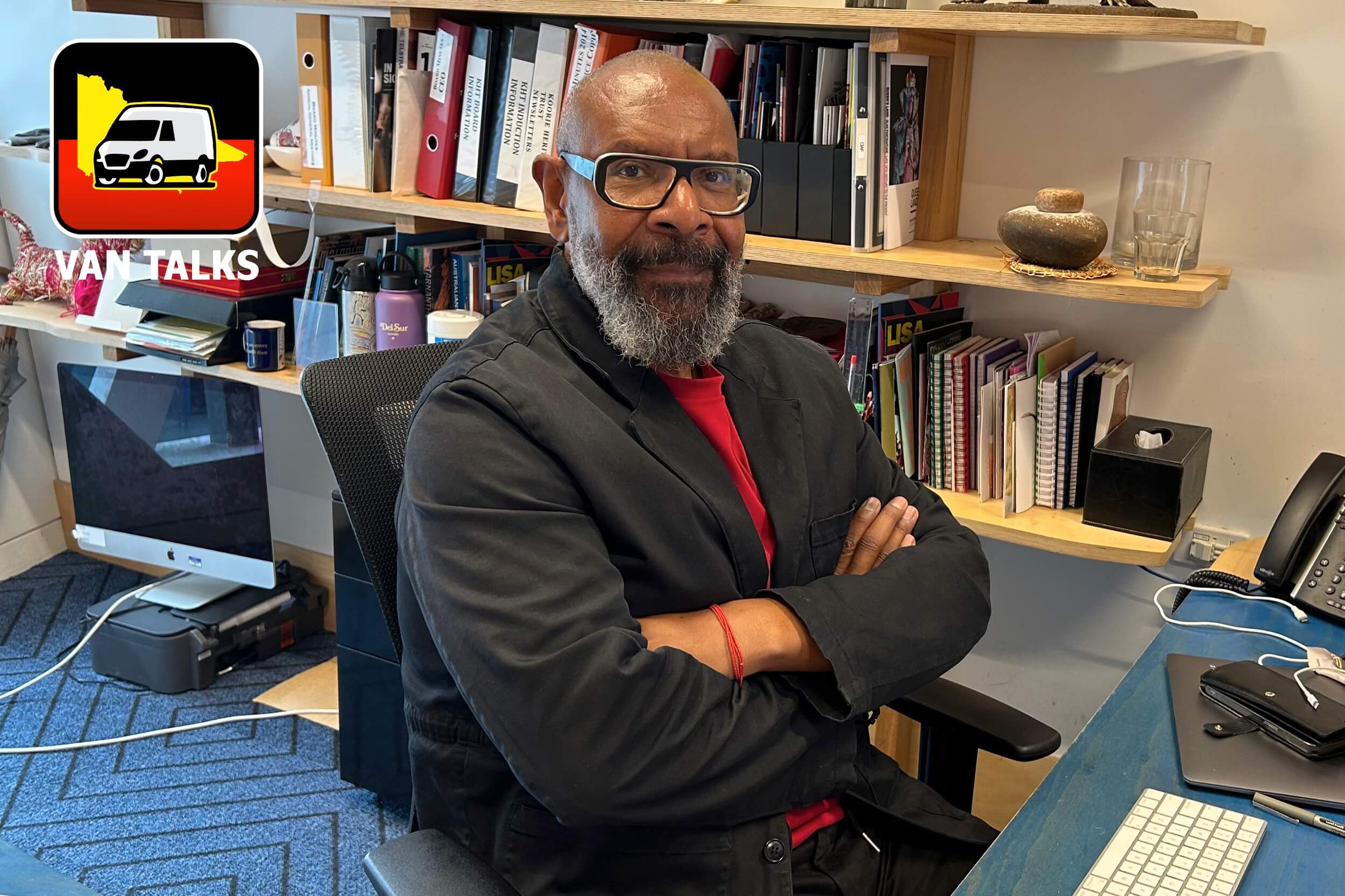
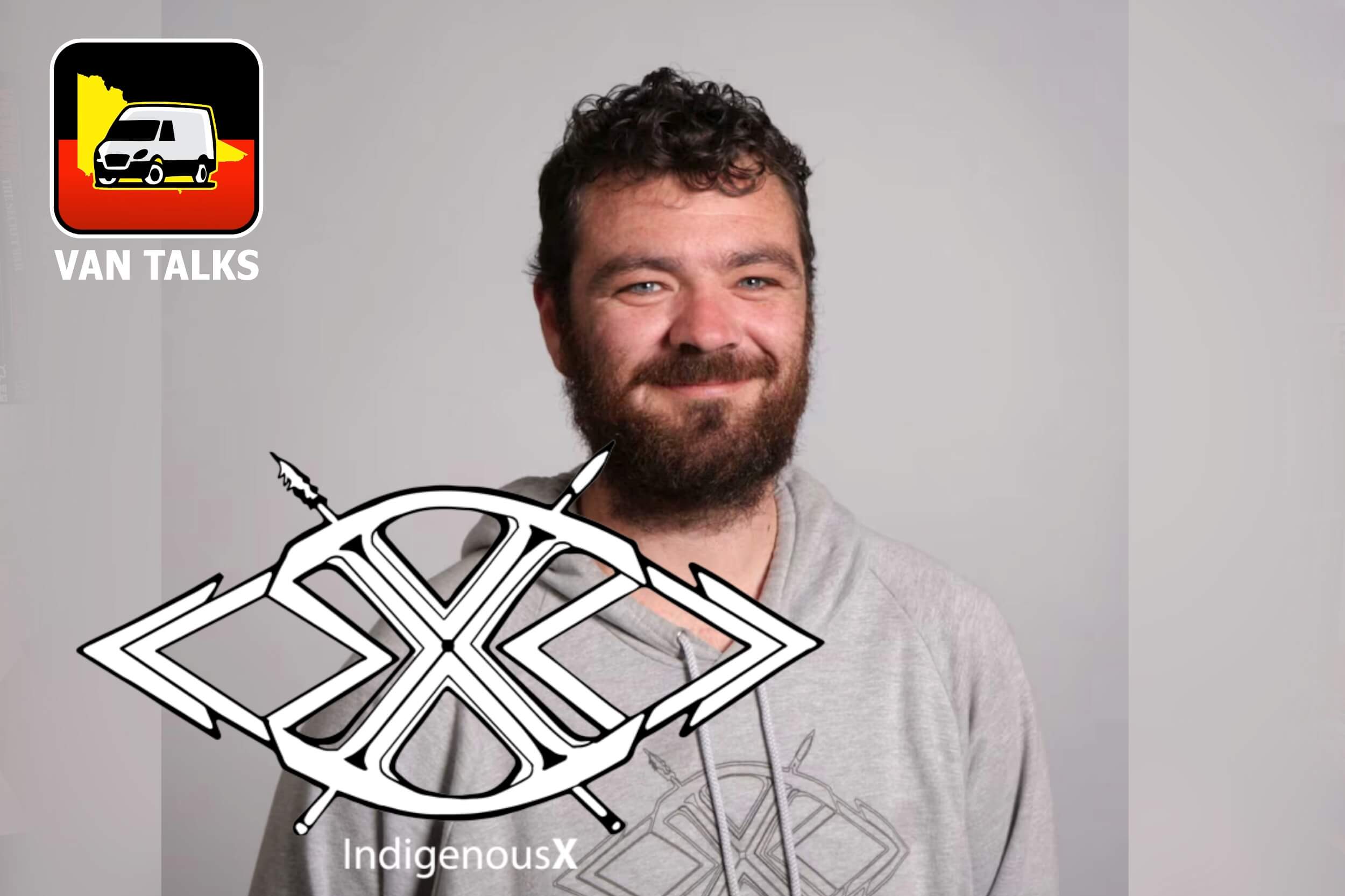

0 Comments